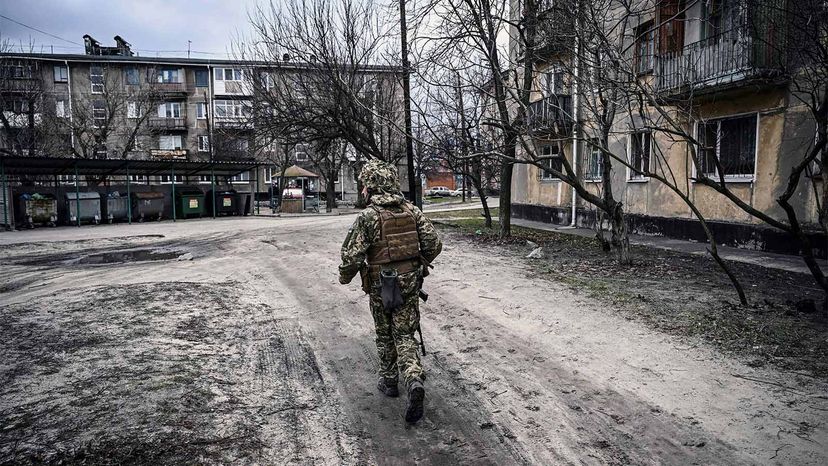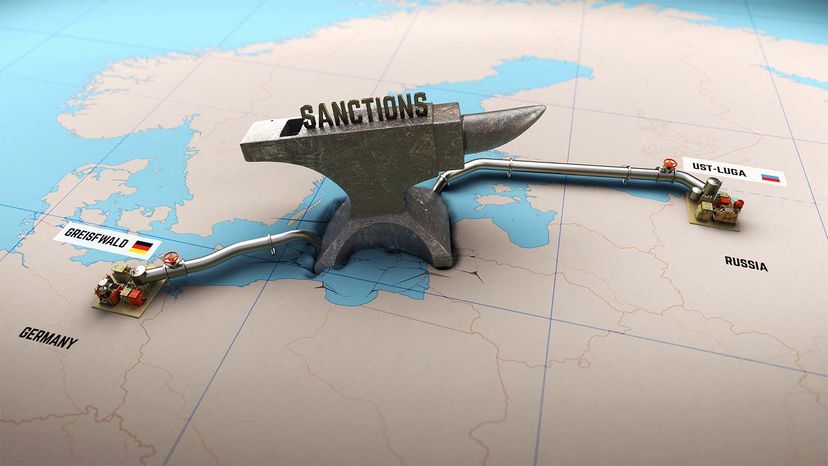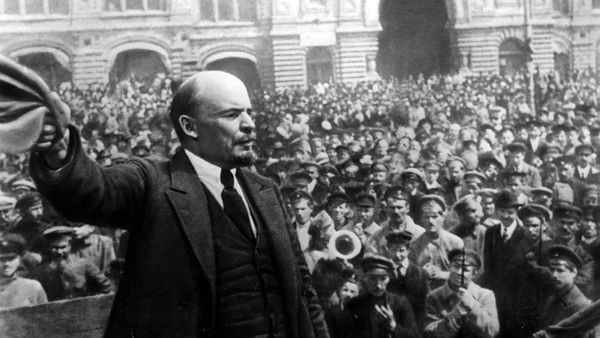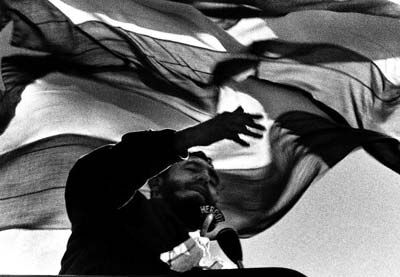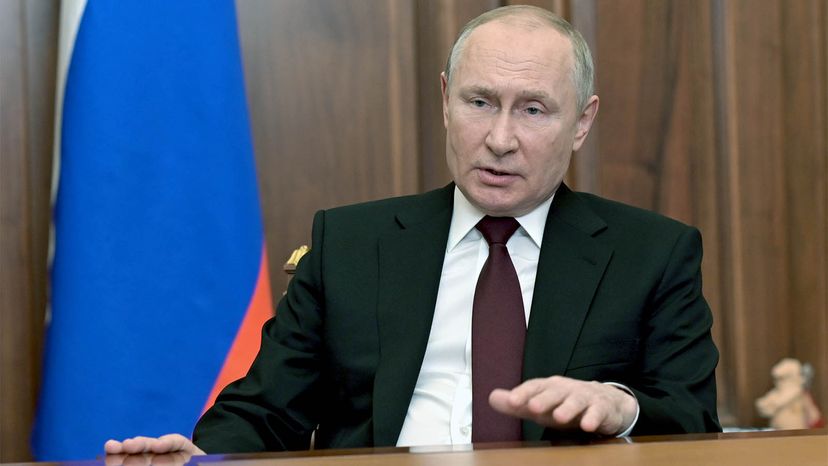
On Feb. 21, 2022, Russian President Vladimir Putin gave an hourlong speech where he not only recognized the independence of two Russia-backed territories — Donetsk and Luhansk — in eastern Ukraine, but also delegitimized the sovereignty of Ukraine itself, a nation of 44 million people. Putin expanded the idea that Ukraine's borders were drawn up by the Soviet Union's founder, Vladimir Lenin, and still exist only because of the fall of the Soviet Union in 1991.
"Ukraine is not just a neighboring country for us. It is an inalienable part of our own history, culture and spiritual space," Putin elaborated. "These are our comrades, those dearest to us — not only colleagues, friends and people who once served together, but also relatives, people bound by blood, by family ties." After the speech, Putin ordered troops into Donetsk and Luhansk under the guise of them being "peacemakers."
Advertisement
Many experts in global geopolitics were concerned — if not horrified — by the speech and invasion, suggesting it was Putin's way of rewriting history, as well as of providing a reason to launch what could become the largest battle in Europe since the end of World War II.
The speech came after Putin has spent months building up Russian military forces surrounding Ukraine — as many as 150,000 troops are now situated near Ukraine's borders. He also has demanded Ukraine not be allowed to join NATO, the defensive alliance that currently includes 30 countries.
So how is the world responding? The NATO-Ukraine Commission met in Brussels Tuesday, Feb. 22, 2022, to address the situation. NATO Secretary Jens Stoltenberg said it stands by Ukrainian sovereignty and that NATO has "over 100 jets at high alert and there are more than 120 Allied ships at sea, from the High North to the Mediterranean," but hoped Russia would still choose diplomacy. "[This] is the most dangerous moment in European security for a generation," Stoltenberg said.
So aside from a full-on war, what else are world leaders doing to deter Putin from invading Ukraine? Imposing sanctions. But you might be wondering what sanctions are and how they imposed? But also what are sanctions supposed to accomplish and do they even work?
Advertisement
